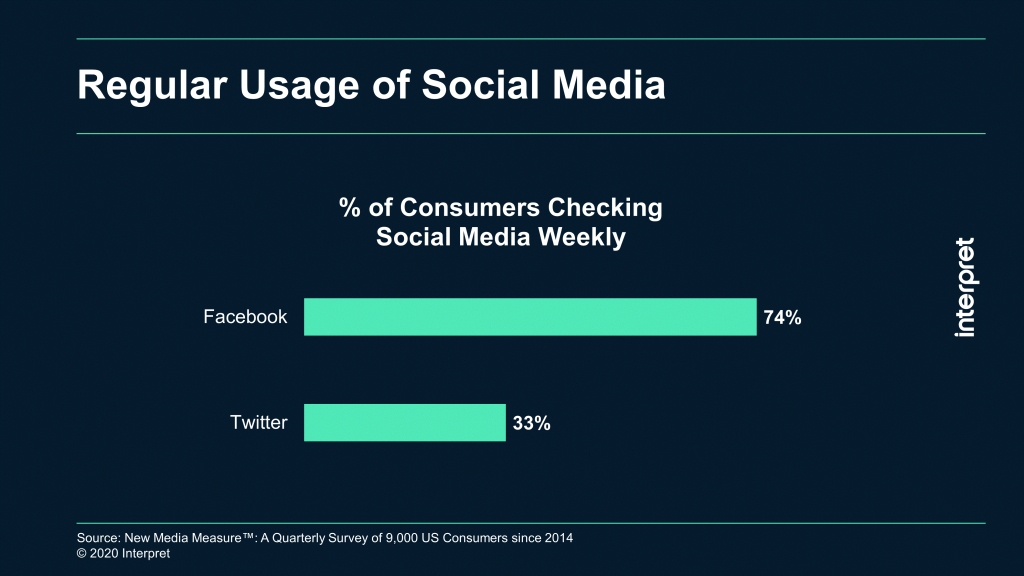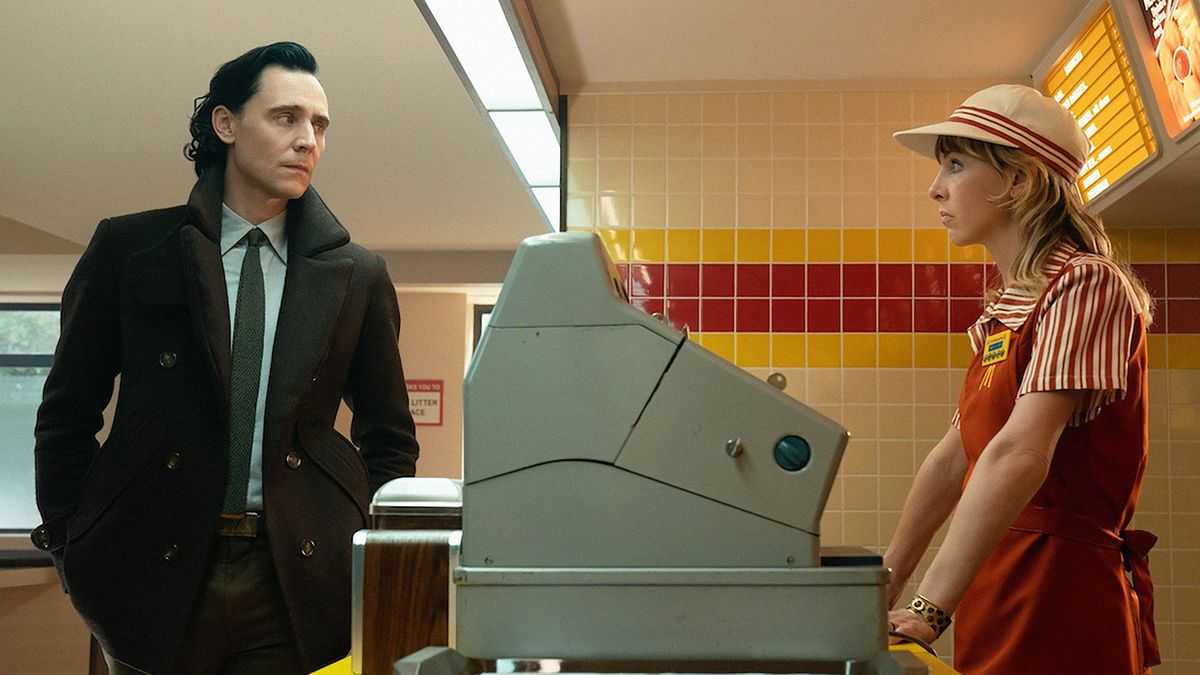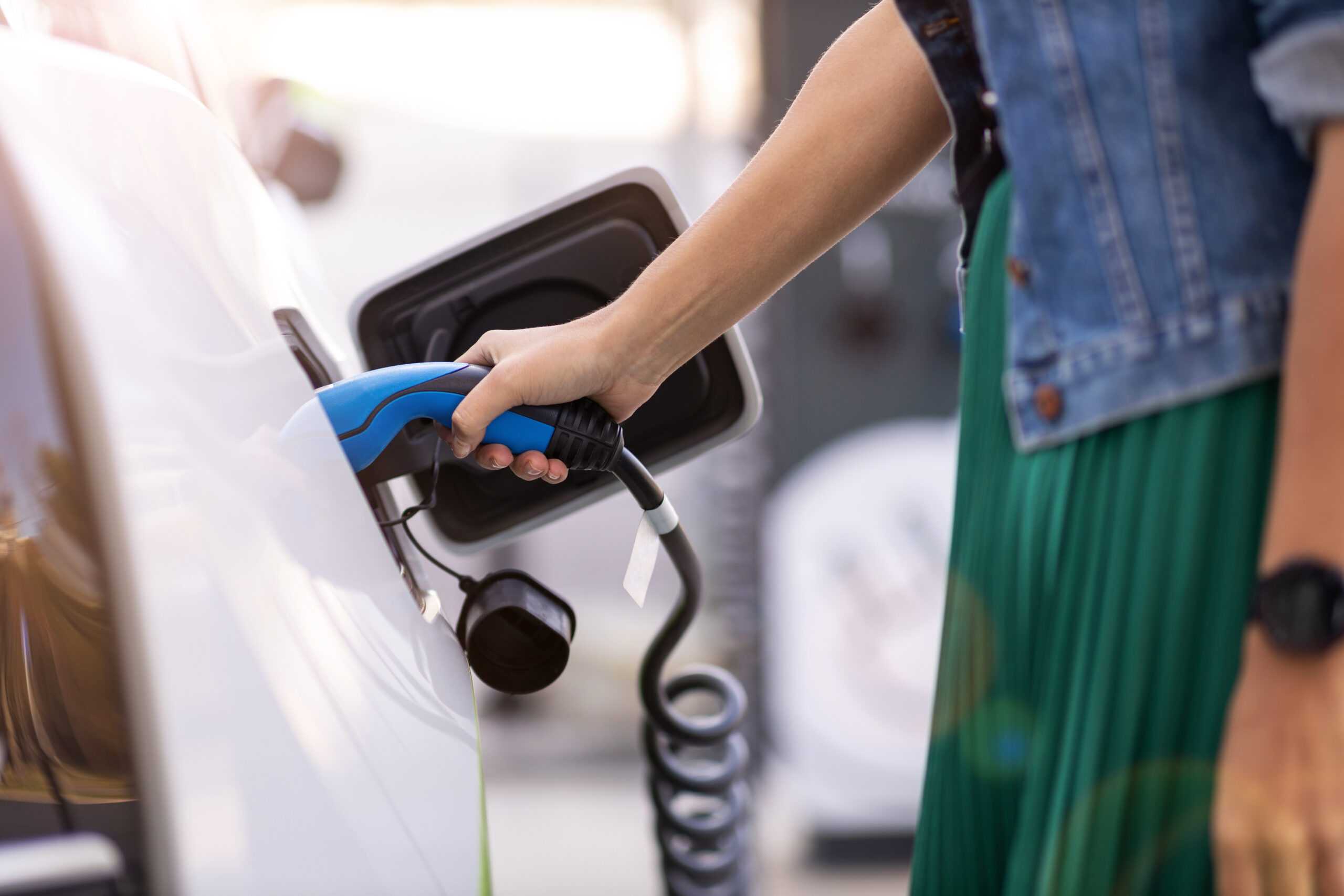As America’s fight for social justice continues, Facebook is facing some disgruntled advertisers. The social network has been accused of failing to remove false news stories and hate speech, and many big brands are demanding that the dominant social network do more to curtail this behavior on its platform.
Numerous companies, including Ben and Jerry’s, Honda, Pepsi, Dove, Hershey, Eileen Fisher, Patagonia, The North Face, Eddie Bauer, Magnolia Pictures, have pulled advertising from Facebook. Telecommunications giant Verizon demanded that Facebook come up with “an acceptable solution that makes us comfortable,” while Starbucks and Coca-Cola have paused their advertising as well. The boycott by 100+ firms has cost Zuckerberg $7 billion so far, and comes shortly after groups like Anti-Defamation League, the NAACP, Sleeping Giants, Color of Change, Free Press and Common Sense all pleaded with big brands to not support a company that “puts profits over safety.”
Facebook took in $70 billion in ad revenues in 2019, but the company must now reevaluate how it operates its platform. While Facebook is facing incredible backlash, it is still operating from a position of strength. According to Interpret’s New Media Measure®, Facebook is far and away the most popular social network, with 74% of respondents indicating that they check Facebook at least once per week – comparatively, a third of respondents said they check Twitter at least once per week.
With the pressure mounting on Facebook from big brands, the company can use this time as an opportunity to improve its business while meeting the needs of users and brands alike. Indeed, Facebook appears to be reassessing its content policies right now. The company insists that it will prohibit hate speech of any kind in advertisements. Mark Zuckerberg – who has taken a mostly laissez-faire approach to content – also promises that Facebook will label posts that are newsworthy but may violate some company policies.






